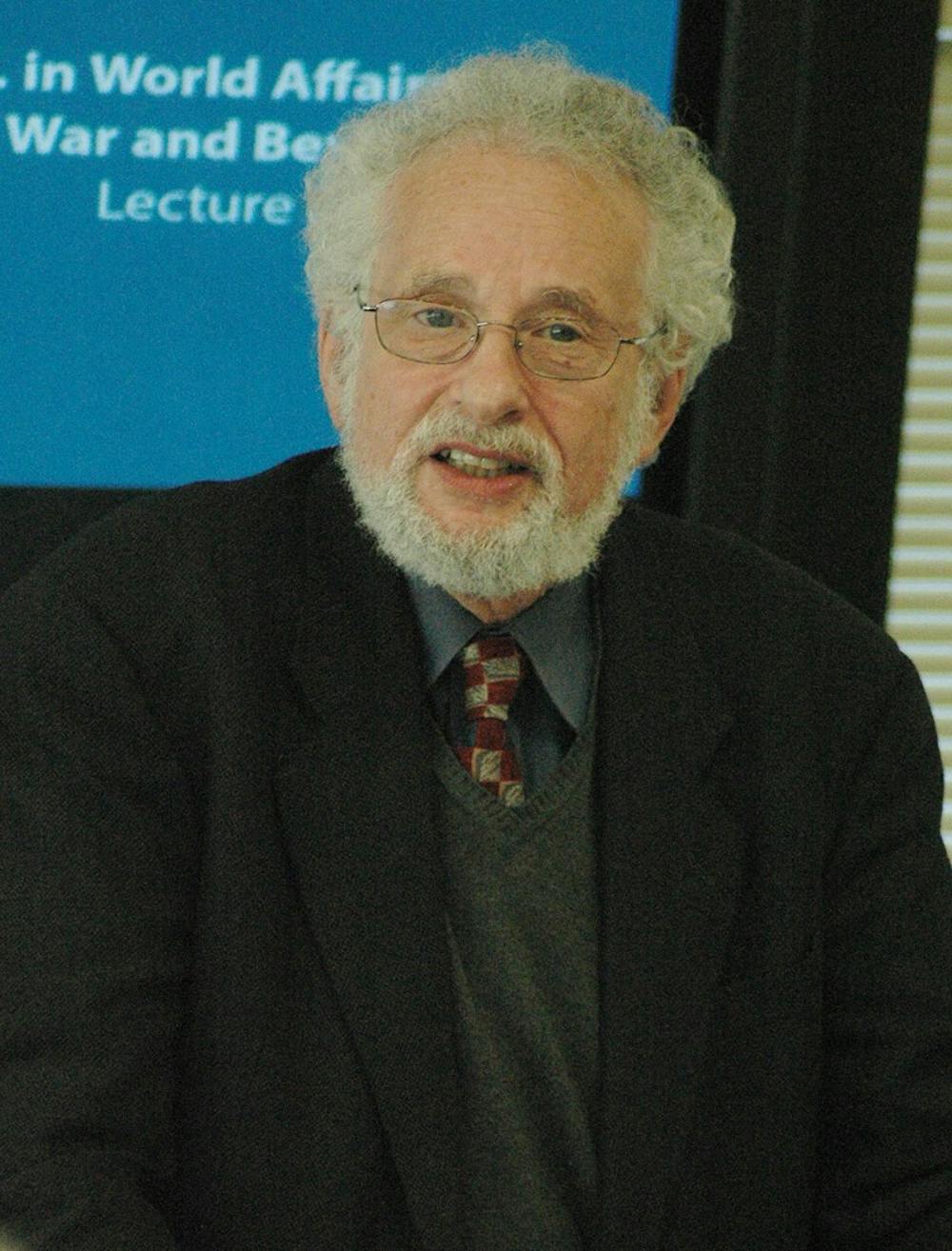University of Virginia professor Melvyn Leffler believes the common critique of the Bush administration’s motivations for going to war is simplistic.
Leffler gave a lecture Monday in Hamilton Hall, “George W. Bush & Saddam Hussein: Why Did the U.S. Go to War Against Iraq in March 2003?” as a part of a series put on by the Richard M. Krasno Distinguished Professorship called “The U.S. in World Affairs: The Cold War & Beyond.”
Klaus Larres, who holds the professorship, said he wanted to bring Leffler to UNC as part of an effort to engage students in foreign relations and critical thinking about U.S. foreign policy.
“(Students) can have an interaction with eminent scholars they may not usually meet,” Klaus said. “They will have the possibility to challenge them and ask them things in the Q&A session.”
Leffler introduced his view by saying that he wanted to complicate the critique of the Bush administration, and he defended the administration’s fears regarding Hussein.
“They were operating primarily out of a sense of threat, not out of a sense of opportunity,” Leffler said in his lecture. “There were reasons other than lies — good reasons — why people held these attitudes about Saddam and the need to remove him.
“Tragedy in U.S. historical experience happens when leaders want to do good things but wind up producing horrible results,” he said.
Leffler said concentrating on pride and desire for power as the potential reasons for the administration’s actions caricaturizes people and obscures the truth.
“Bush went to war with Saddam Hussein for understandable and good reasons, but good reasons do not always produce good results,” Leffler said.



